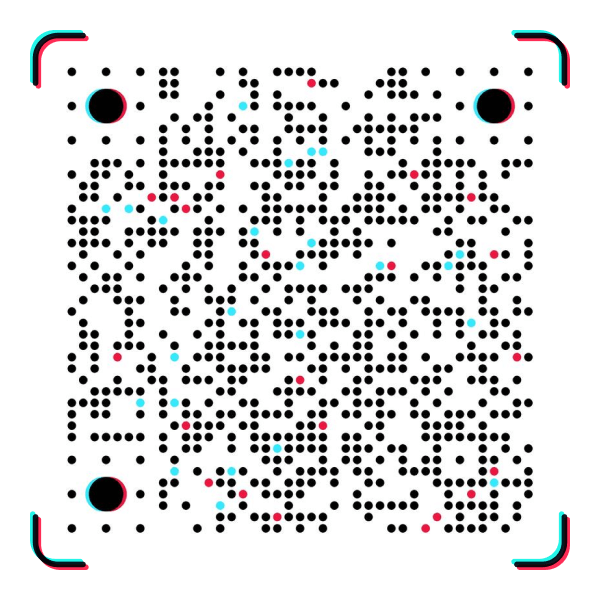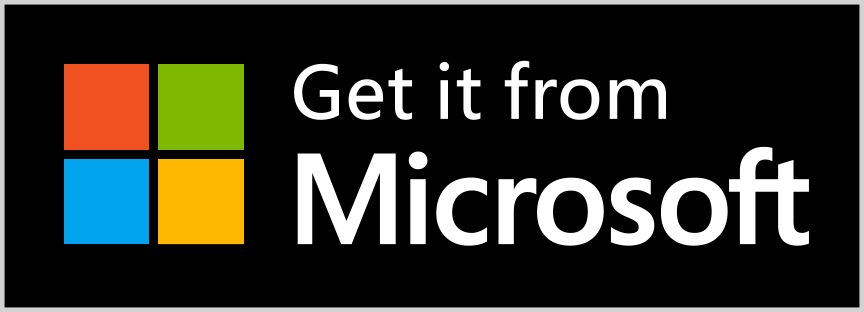By Blake Chandlee, President, Global Business Solutions, TikTok
TikTok is an entertainment platform where people come to share their stories, and understand other people's experiences, too. Those stories can touch on all aspects of their lives, including current events like elections and political issues. As we have set out before, we want to continue to develop policies that foster and promote a positive environment that brings people together, not divide them. We do that currently by working to keep harmful misinformation off the platform, prohibiting political advertising, and connecting our community with authoritative information about elections. Today, we are building on that approach by making a series of changes to government, politician, and political party accounts that we believe will help ensure TikTok remains a fun, positive and joyful experience.
Verifying accounts
If our community is watching content from an account belonging to a government, politician, or political party, we want them to know the account is genuine. We don't proactively encourage politicians or political parties to join TikTok, but we welcome those that have chosen to and want to ensure our community knows the source is authentic when watching that content. Verification lets our community know an account is authentic and belongs to the user it represents, which is a way to build trust between high-profile creators and their community. While many political accounts have added the verified badge to their profile already, doing so is currently optional. Starting today in the US, we'll be trialing mandatory verification for accounts belonging to governments, politicians, and political parties through the midterm elections.
Prohibiting monetization and campaign fundraising
TikTok has long prohibited political advertising, including both paid ads on the platform and creators being paid directly to make branded content. We currently do that by prohibiting political content in an ad, and we're also now applying restrictions at an account level. This means accounts belonging to politicians and political parties will automatically have their access to advertising features turned off, which will help us more consistently enforce our existing policy.
We recognize that there will be occasions where governments may need access to our ads services, such as to support public health and safety and access to information, like advertising COVID-19 booster campaigns. We will continue to allow government organizations to advertise in limited circumstances, and they will be required to be working with a TikTok representative.
Additionally, we will be prohibiting these accounts from accessing other monetization features. Specifically, they will not have access to features like gifting, tipping, and e-commerce, and will be ineligible for our Creator Fund. These changes, along with our existing ban on political advertising, mean that accounts belonging to governments, politicians, and political parties will largely not be able to give or receive money through TikTok's monetization features, or spend money promoting their content.
Finally, over the coming weeks, we'll also be changing our policies to also disallow solicitation for campaign fundraising. That includes content such as a video from a politician asking for donations, or a political party directing people to a donation page on their website.
TikTok is first and foremost an entertainment platform, and we're proud to be a place that brings people together over creative and entertaining content. By prohibiting campaign fundraising and limiting access to our monetization features and verifying accounts, we're aiming to strike a balance between enabling people to discuss the issues that are relevant to their lives while also protecting the creative, entertaining platform that our community wants. You can read more about the details of these changes in our Help Center.


